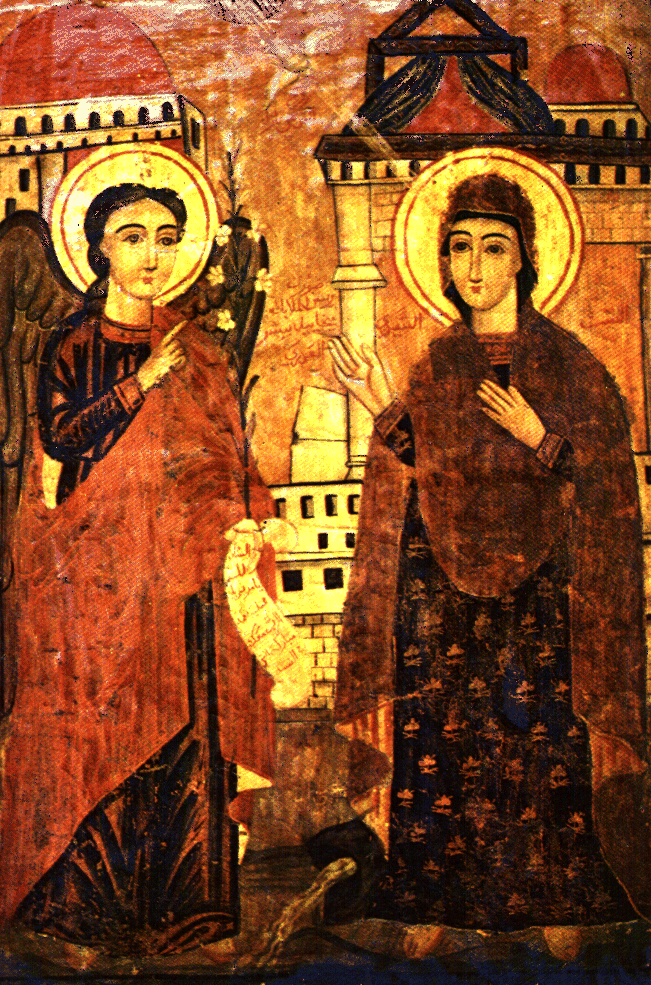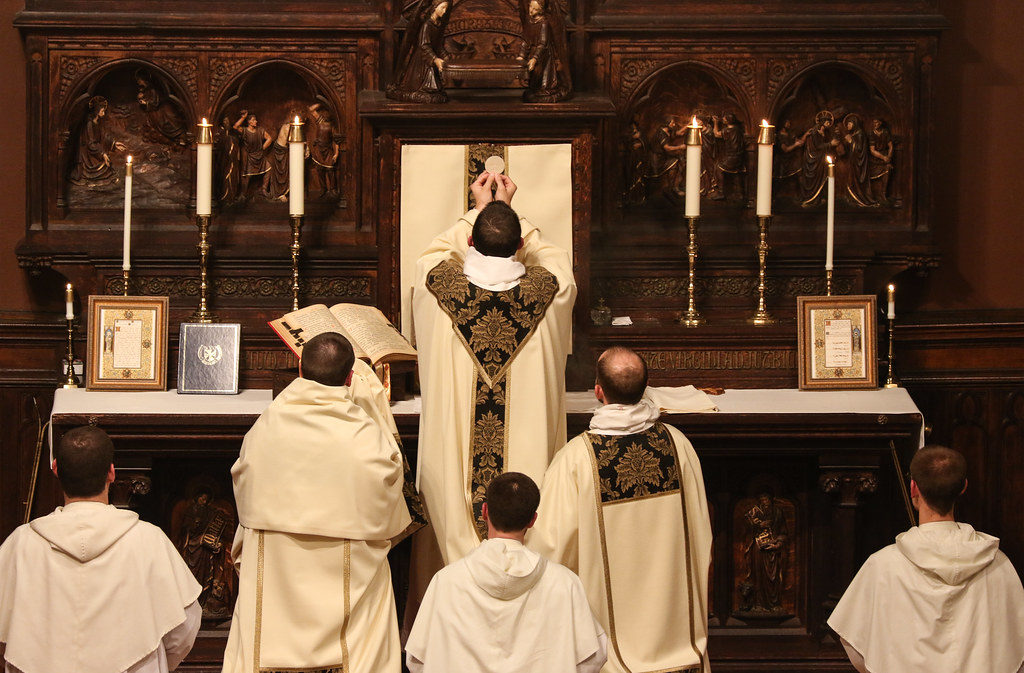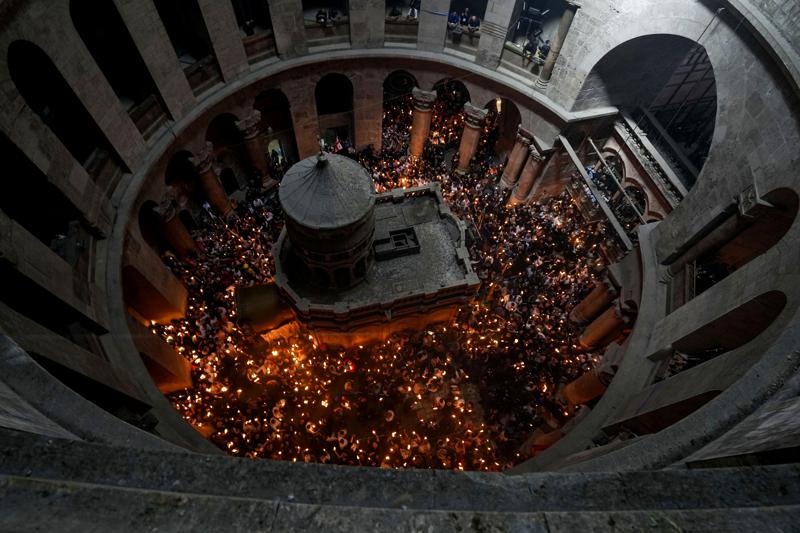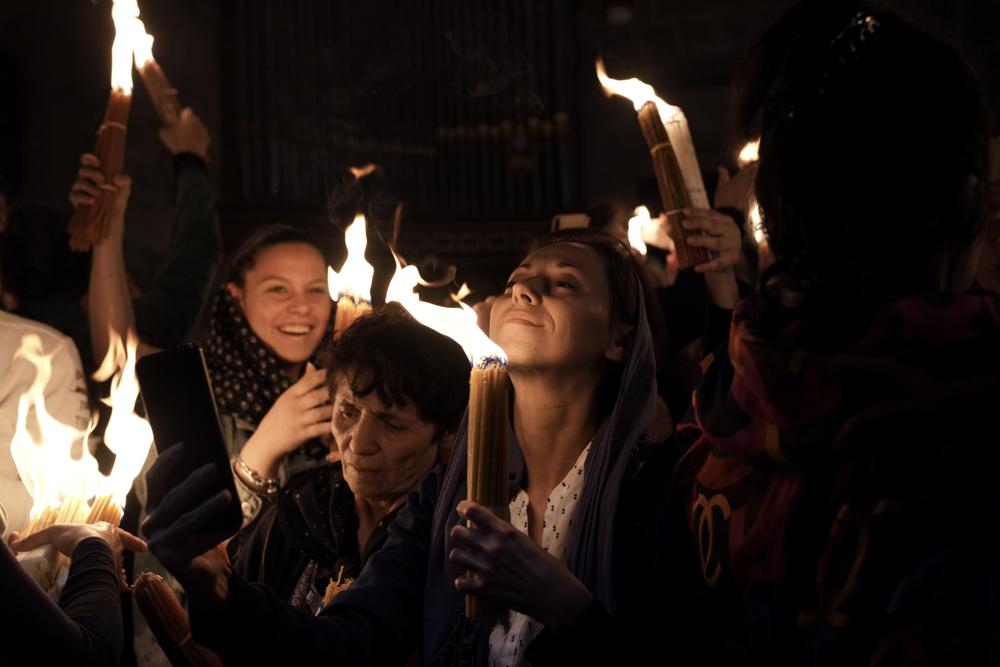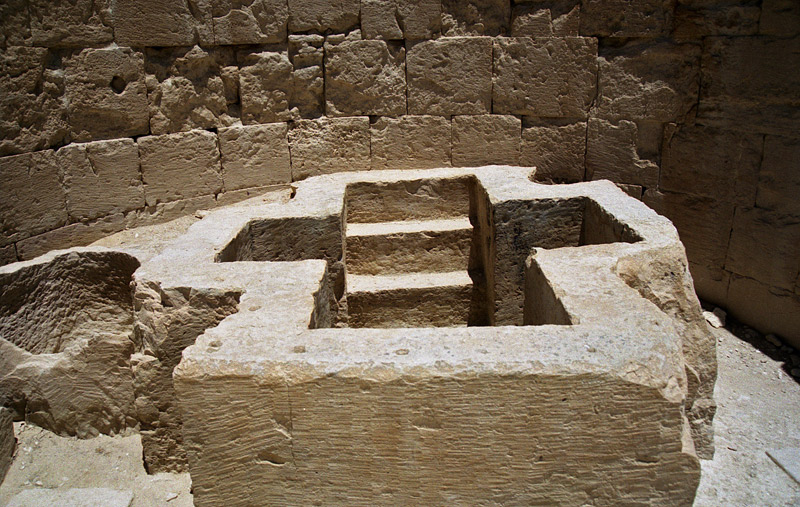
What fellowship does light have with darkness? What does Christ have in common with Belial? What does a believer have in common with an unbeliever? What agreement is there between the temple of God and idols? For we are the temple of the living God …. (2 Cor. 6:14-16)
I have heard many preachers use this passage to insist that believers should not marry unbelievers. But there is no direct mention of marriage in this passage. The passage itself seems to suggest that there should be a radical separation between the Church and the society in which believers live. St. Paul seems to be saying that outside the Church there is nothing but darkness and devils; what could that world have in common with the Church, the Body of Christ and the light of the world?
The great teachers of the Church have understood this passage to condemn a person’s efforts to have two opinions in their own mind.
There cannot be two contradictory loves in one person. Just as there is no harmony between Christ and Belial, between justice and iniquity, so it is impossible for one soul to love both good and evil. You that love the Lord, hate evil, the devil; in every deed, there is love of one and hatred of the other. “He who has my commandments and keeps them is the one who loves me…” [John 14:21] You that love the things that are good, hate the things that are bad. You cannot love good unless you hate evil.
St. Jerome, Homily 73 on the Psalms
The Church understands that our baptism cannot be something that we put on or take off, depending on whether it is convenient on any particular day or not.
Neither the wetness of the water in which we are baptized not the oiliness of the oil with which we are anointed remain with us…. But the Holy Spirit, who is mingled in our souls and bodies through the oil and water, does remain with us, both in this life and after our death.
Philoxenus of Mabbug, On the Indwelling of the Holy Spirit
A person can try to have a foot in two camps but that never works. Not in the long run. If we are the temple of God because we are baptized and anointed, then we cannot also worship idols. Most baptized people don’t think they worship idols. But anytime we put ourselves first–before God’s command to love–we are making an idol of ourselves. Anytime I prefer injustice–because it is convenient for me–I am not loving my neighbor and I am worshipping the idol of myself.
If the Church cuts herself off from society, she cannot be the Church–the fountain of health, the fountain of salvation for the world. We cannot hide from the world and refuse to participate in it and still call ourselves followers of Christ. Even the hermits and monks in the desert did not cut themselves off from the world. They cut themselves off from distractions so that they could pray the more earnestly for the world and the people living in it. Scrooge in his counting house on a busy London street cut himself off from the world more completely than any monk or hermit ever did.
Jesus didn’t tell the apostles to teach all the nations so that the nations would believe what he said; he told the apostles to teach the nations so that they would obey what he said. (Matthew 28)
Obey. Do. “Love is the soul of justice; justice is the body, the flesh, of love.” (M. Borg and J. Crossan, The Last Week)

